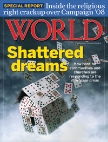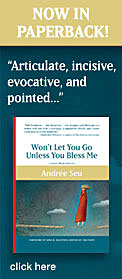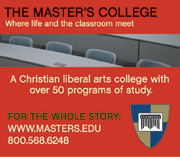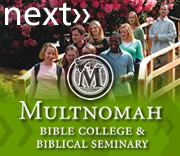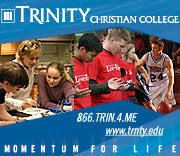A campus divided
Academia: Baylor promotes Christian scholarship while dismissing Christian scholars | Mark Bergin
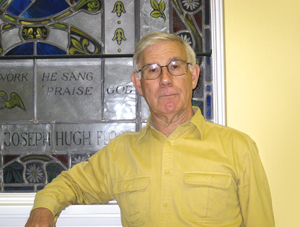
Baylor University
No one has ever questioned Stephen Prickett's academic chops. The Cambridge and Oxford-educated Victorian scholar has taught on five continents, including as crown-appointed Regius Professor Emeritus of English Language and Literature at the University of Glasgow, Scotland. His work on European romanticism is world-renowned.
So it was with considerable surprise last month that Prickett learned his five-year contract to direct Baylor University's Armstrong Browning Library will not be renewed when it expires at the end of this year. Baylor administration gave no reason for the termination: "I was simply told that the dean didn't wish to work with me," Prickett said in reference to Baylor's dean of libraries Pattie Orr.
For a school like Baylor aspiring to reach top-tier academic status, Prickett is the kind of high-level scholar that departmental deans typically want to work with. But on a campus divided between pedagogical factions, the politics of employment are complicated. For almost a decade, opposing forces have scrapped over the soul of Baylor, one side tugging toward a rekindling of the school's Baptist heritage, the other eager to secularize.
As an outspoken proponent of Vision 2012, an initiative to weave a Christian worldview into every Baylor department, Prickett may have ruffled the wrong feathers. "I can't say that authoritatively, but it certainly looks like it," he said.
In the past, conflict surrounding Vision 2012 at Baylor has centered on administrative leaders driving the agenda and science professors interested in developing the theory of intelligent design. Anti-2012 forces drove university president Robert Sloan from office in 2005. And that same faction sought to derail the ID research of Robert Marks last summer.
Forty percent of 30 faculty members up for tenure this year were denied, former Baylor professor William Dembski, now a research professor at Southwestern Baptist Theological Seminary in Fort Worth, told Baptist Press. That contrasts to 14 percent in 2007 and 11 percent in 2006.
Prickett's severed contract is another sign that divisions at Baylor affect all disciplines—even Victorian poetry. Diana Vitanza, interim chair of the English department, told WORLD that university personnel hold "two visions" for Baylor's future—"There are differences of opinion about how 2012 ought to be implemented"—but she declined to comment on the nature of those differences.
Baylor spokesperson Lori Fogelman was similarly tight-lipped regarding the reasons behind Prickett's release: "It's standard policy here at the university that we don't comment on personnel issues," she told WORLD. "We thank Dr. Prickett for his service here at Baylor."
Jeffrey Bilbro, a Baylor graduate student in English with no qualms about discussing personnel issues, believes Prickett is a casualty of warring factions: "It's like there are two campuses in the same buildings and same hallways. These people have to get along, but they have such drastically different focuses."
Bilbro worries that faculty with expressly Christian worldviews, his initial attraction to the school, may be on the way out.
Prickett doubts very much that Baylor leadership remains committed to Vision 2012, never mind the continued promotion of such ideals in student recruitment materials. "My sense is that it has ground to a halt," he told WORLD. "It appears that the administration is no longer pushing forward in this."
Prickett has yet to determine where he will seek future employment. He is disappointed that his work at the Armstrong Browning Library will not continue. He had helped build a number of world-class collections, making Baylor a destination for Victorian studies scholarship.
Stephen Schuler, president of the English Graduate Student Association, considers the loss of Prickett a blow to department's value and appeal: "It is a disappointment, because we're losing a strong teacher and a strong scholar." Schuler said that Prickett is among the more popular professors and that his graduate seminars always fill quickly.
Though disappointed and saddened, Prickett is not without hope that the atmosphere at Baylor may yet turn: "I harbor hopes that in the long term it may happen. I don't think it's going to happen in the next few years or with this administration."



